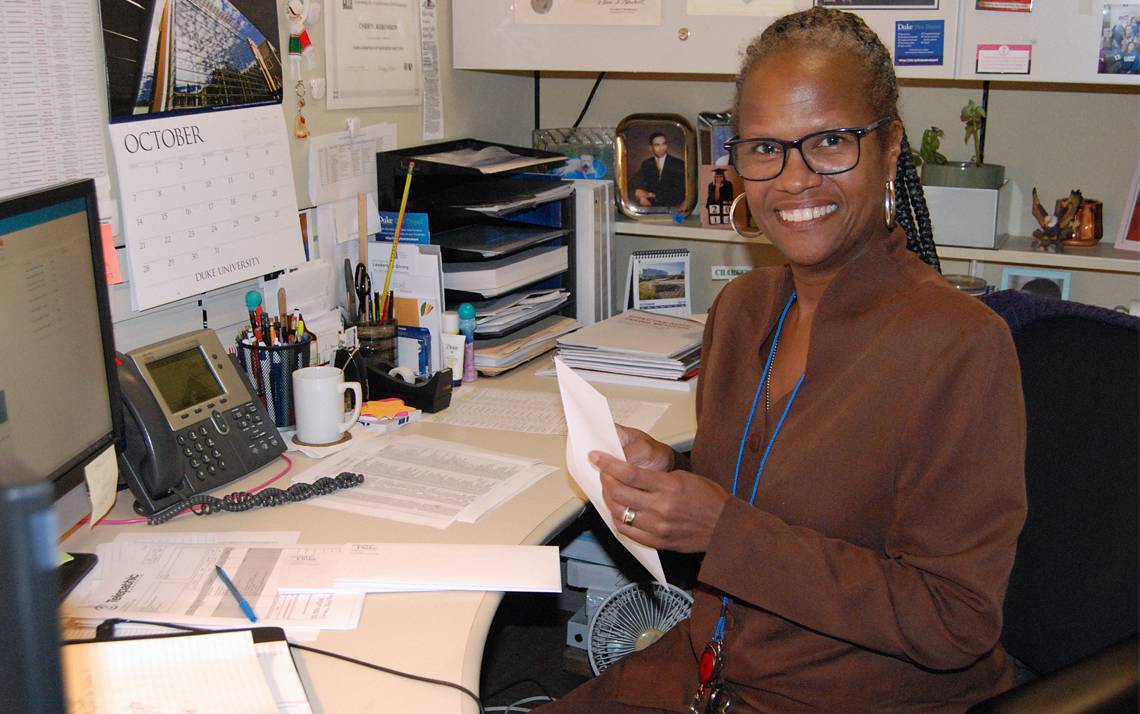How to Bounce Back after a Mistake
Miscues happens, but what matters is your response to them

A decade ago, Cheryl Robinson was a new Duke Annual Fund staff assistant who made a gut-wrenching mistake.
Loading acknowledgement letters for major donors into envelopes, she accidentally put a letter in the wrong envelope. The donor called Hank Woods, then assistant vice president for the Duke Annual Fund.
“I was like ‘Oh my God, I’m done,’” Robinson said.
Woods called Robinson into his office for a meeting she was dreading. Instead, Woods told her about a recent mistake of his own.
“We all make mistakes,” said Woods, now associate dean for Development and Alumni Relations at the Fuqua School of Business. “I wanted her to understand that none of us are infallible.”
Odds are, most of us will have a moment like Robinson’s, but what matters is how we move beyond a bad day. Here are some ideas to help you do the same.
Perfection isn’t realistic
Early on, Cheryl Robinson recalls being in awe of the seeming ease with which her Duke colleagues did their jobs. After her mistake, she began to doubt that she belonged. That’s why Woods’ comments about his own mistake mattered. They proved that her coworkers weren’t perfect either.
According to assistant professor of medicine Jon Bae, a co-convener of the Healthy Duke committee on Mental & Emotional Well-Being, avoiding an emphasis on perfection – by both employees and supervisors – is a step toward a healthier workplace.
“People make mistakes,” Bae said. “What you don’t want people to do is try to cover them up, or not learn from them. We should openly discuss our mistakes so we don’t repeat them.”
Focus on prevention
After Woods eased Robinson’s nerves, they discussed the envelope-filling process. The talk yielded a system of checks that helped ensure envelopes were correct.
“She was willing to come up with something to make sure it didn’t happen again,” Woods said. “That’s a pretty mature way of handling it.”
On to the next thing
Moving on from miscues can be difficult. It helps to be given another task to dive into.
“A lot of workplace issues involve trust, and trust is a two-way street,” Woods said. “It’s about showing the employee that we still believe in you.”
Not long after the envelope episode, Robinson was asked to streamline a process of giving donors books as gifts. She found that using Amazon to source and ship the books saved money, time and storage space. After the process was adopted, Woods called Robinson into his office to thank her for her idea.
“I had come full circle,” Robinson said. “My confidence was through the roof.”
Visit hr.duke.edu/training for professional development and training courses.